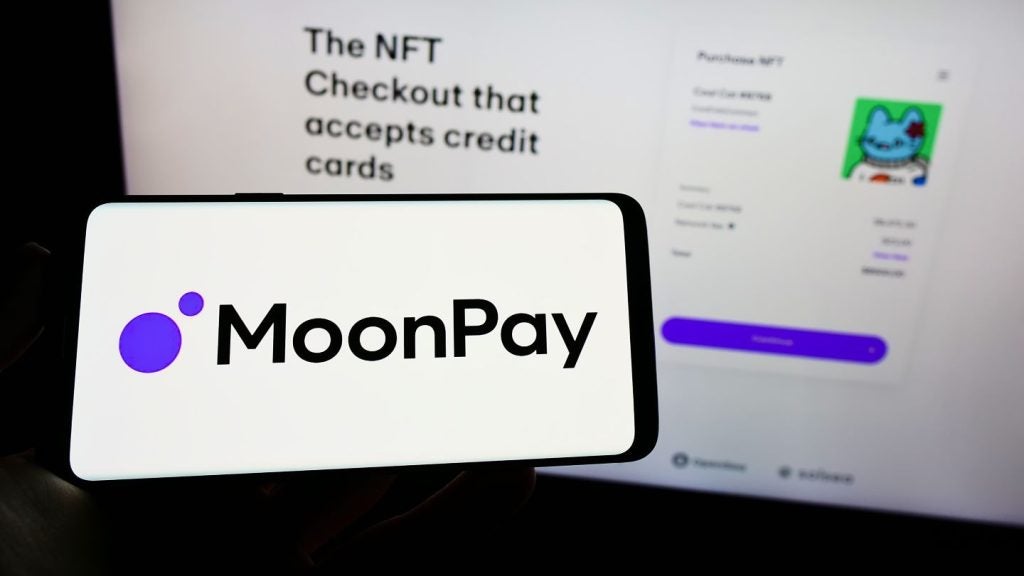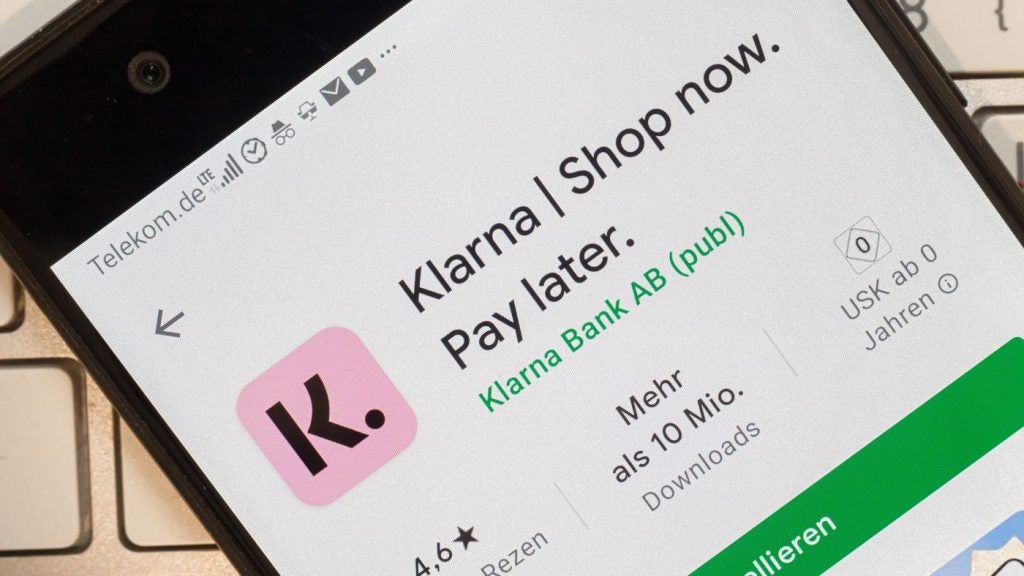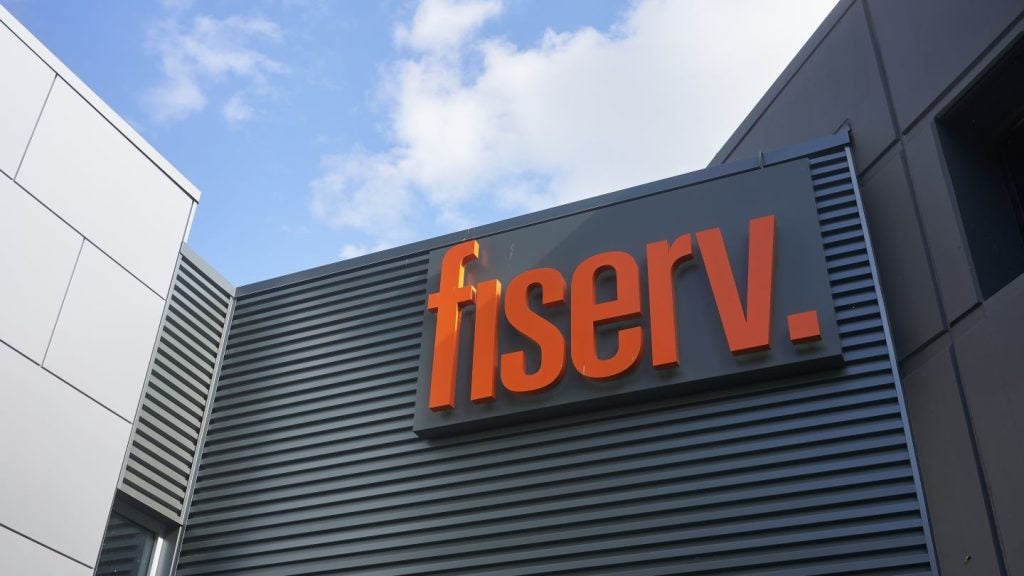announced plans to establish their respective contactless
technologies across Europe. London is to be the launch pad in
autumn 2007, followed by a UK-wide roll-out in early 2008. The news
follows last year’s preliminary plans from both companies to bring
contactless payment to the UK’s small-value cash payment market,
which is estimated to be worth around £250 billion ($494
billion).
Organisations that will participate in the first phase are Bank
of Scotland, Barclaycard, Citi, euroConex, Halifax, HSBC, Lloyds
TSB and Royal Bank of Scotland. According to APACS, the UK payment
industry body, over 5 million contactless cards will be issued by
the end of 2008 and they will be accepted by at least 100,000
merchants.
Card issuers will replace debit and credit cards to their own
timescales; cardholders could have contactless technology added to
their existing cards, or they could be offered a new contactless
card.
Visa launch
Visa Europe will launch its contactless technology, which for
the European market will be named Visa payWave, in autumn 2007 in
London, along with its member banks HSBC, HBOS, Lloyds TSB and
Barclays.
Barclays is the UK’s largest card issuer with over 11 million
cards in circulation. In September 2007, the new Barclaycard Visa
credit card will be launched commercially. The card has been
developed with UK transport body Transport for London (TfL) and
features contactless payWave technology combined with TfL’s
transport ticketing application, Oyster.
How well do you really know your competitors?
Access the most comprehensive Company Profiles on the market, powered by GlobalData. Save hours of research. Gain competitive edge.

Thank you!
Your download email will arrive shortly
Not ready to buy yet? Download a free sample
We are confident about the unique quality of our Company Profiles. However, we want you to make the most beneficial decision for your business, so we offer a free sample that you can download by submitting the below form
By GlobalDataIn May, TfL and TranSys, the consortium that developed the
Oyster smart card on behalf of TfL, announced the completion of
technical trials of the combined Oyster/Barclaycard.
Visa payWave cards will also be issued by other banks. Visa said
that the card will help to make a significant dent in the UK’s
small-value cash payment market – 80 percent of purchases are for
less than £10.
Mariano Dima, executive vice-president of marketing at Visa
Europe, said: “For high-volume retail environments, such as coffee
shops, express grocery stores and news-agents, where transaction
values are low and speed of service is essential, Visa payWave
offers a secure, convenient and quick alternative to cash. Visa
payWave is set to revolutionise how we pay in Europe and London is
going to be at the forefront.”
John Bushby, general manager of the UK, Republic of Ireland,
Nordic and Baltic countries at MasterCard Europe, said: “We are
giving Londoners a completely new way to pay for low-value items
with the launch of contactless payments. Our experience testing
MasterCard and Maestro PayPass among staff at Royal Bank of
Scotland’s offices in Edinburgh and London has shown us that
consumers love the convenience, simplicity and security of being
able to ‘tap and go’ when paying for everyday things such as
newspapers, sandwiches and drinks. We are confident that consumers
in the UK will be quick to adopt contactless payments as they are
faster and more convenient than cash, increasing both the number of
cards in issue and, as retailers benefit too, places where they can
be used.”
New interchange rate
Visa Europe has also confirmed that it will set a new
interchange rate in the UK for contactless transactions in order to
encourage merchants to accept them. Visa said in a statement that
the new interchange rate would be passed on by Visa acquirers to
retailers in the form of lower merchant service charges. MasterCard
Worldwide is expected to take similar action.
According to industry publication Card Technology, the payment
networks have had to reduce interchange in the UK to incentivise
merchants to sign up to accept contactless payment, whereas in the
US, the payment networks subsidised merchant terminals but did not
lower interchange levels.
Card Technology reported that the lower interchange fees for
merchants were in part due to banks not charging merchants fixed
fees on contactless purchases. Instead, the charges merchants will
pay to banks to accept contactless will likely be in the form of
percentage fees for each transaction.
Conversely, merchants pay fixed fees on conventional debit
transactions, which vary according to the merchant. Fees range from
around £0.10 or less per transaction for large retailers to £0.19
per transaction for small merchants, according to estimates. By
comparison, a percentage-based fee of 1 percent on a small-value
contactless purchase of £5 would amount to only a $0.05 charge.







